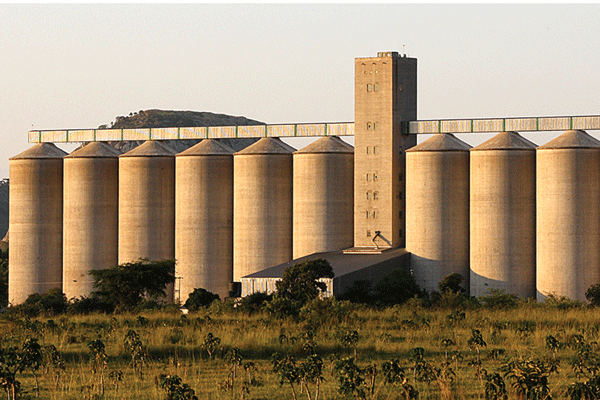Producer prices of maize, soya bean, traditional grains and sunflower have been raised for this year’s marketing season, with Cabinet determined that farmers will make a profit of at least 15 percent and so ensure that they are viable and will push productivity.
The prices and profits promote sustainable growth as Government takes significant steps to boost agricultural productivity and ensure food self-sufficiency by making it clear that farmers can make a living.
The new floor producer prices for maize and traditional grains have been set at $75 000 per tonne, up from $58 553 for maize and $70 263,90 for traditional grains set earlier.
For soya beans, the floor producer price has been set at $171 495, up from $125 530,17, while the price for sunflower is now $205 794,52 a tonne, up from $150 686,20.
Speaking after yesterday’s Cabinet meeting, Information, Publicity and Broadcasting Services Minister Monica Mutsvangwa, said Cabinet approved the producer prices after a presentation from Lands, Agriculture, Fisheries, Water and Rural Development Minister Dr Anxious Masuka.
“Cabinet noted that in order to maintain farmer viability and profitability, there is need to review the prices for maize, traditional grains, soyabean and sunflower so that they are in sync with existing economic realities.
“A good price that promotes sustainable growth of a particular value chain is that which allows the farmer to realise at least a 15 percent profit margin.”
Explaining the reasons for reviewing the producer prices, Minister Masuka said Government had taken note of the change in economic fundamentals particularly in respect of increases in fertiliser prices due to geo-political developments which have seen global fertiliser prices rise.
Turning to the state of preparedness for the next production and summer cropping season, Minister Mutsvangwa said the Government was now putting preparations in place from this month, instead of August as has been case, to overcome all challenges.
“The Covid-19 pandemic, climate change, as well as geo-political conflicts, have disrupted global supply chains for grain and agricultural inputs, with the resultant price escalations highlighting the need to intensify local production,” she said.
Cabinet noted that the main objective of the next summer programme was to sustainably increase crop and livestock production through implementation of critical strategies such as ensuring that crop and livestock production conformed to appropriate agro-ecological regions, acceleration of the climate proofing Pfumvudza/Intwasa programme through training plus the inclusion of agro-chemicals and water retention enhancers in input packages, and timely provision of fertilisers, seed and tillage services.
This summer cropping programme will see the Zunde RaMambo/Isiphala SeNkosi programme extended to involve 190 chiefs, 500 headmen and 36 000 village heads.
There will also be a consistent supply of electricity, water and fuel to farmers.
Critically, the Presidential Inputs Programme will target 3 million farmers, up from last season’s 2,7 million farmers.
Other issues discussed were cropping targets and financing mechanisms that have been put in place by the Government.
The Agricultural Finance Corporation (AFC) had opened a special window to enhance production of potatoes and sunflower seeds.
Minister Mutsvangwa said the next National Enhanced Agriculture Productivity Scheme would now fund traditional grains through CBZ Bank and AFC, as well as cover other crops such as maize, soyabeans and sunflower.
Falcon Air, which is owned by the District Development Fund, will be capacitated with a view to mitigate the threat posed by dry spells to conduct cloud seeding at appropriate times.
Responding to questions, Minister Masuka explained several funding mechanisms for projects such as tillage and irrigation, adding that the Government will play a leading role with the provision of policy framework.
“Agriculture funding is a multi-stakeholder process. Government takes the lead by providing the policy framework,” he said.


